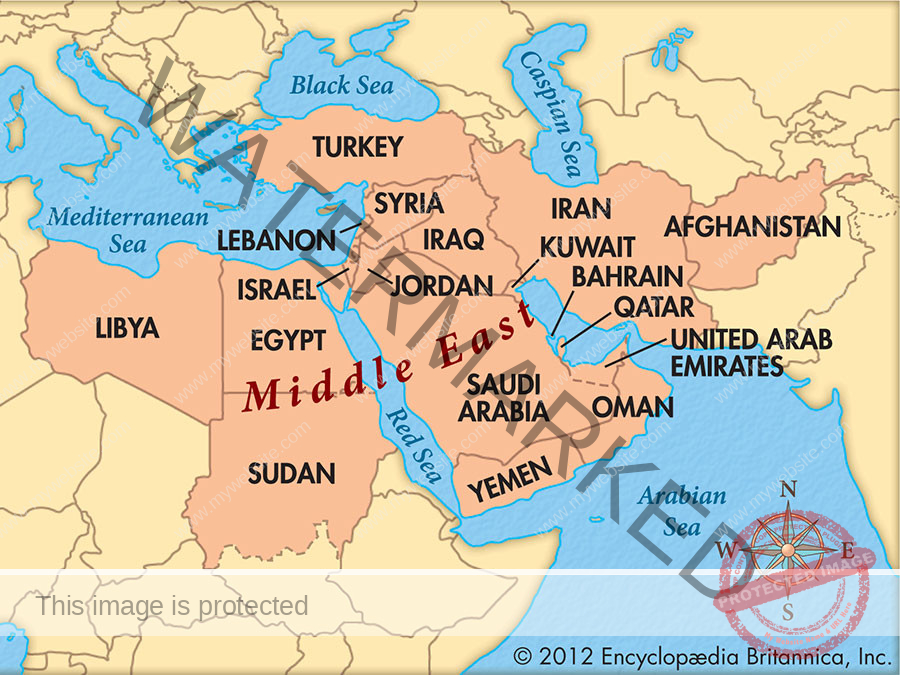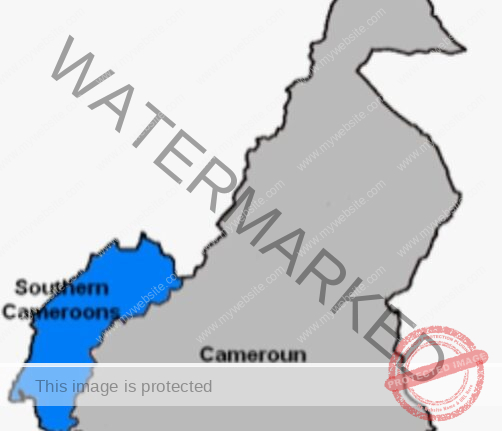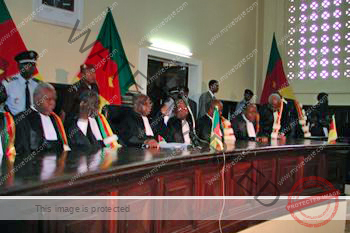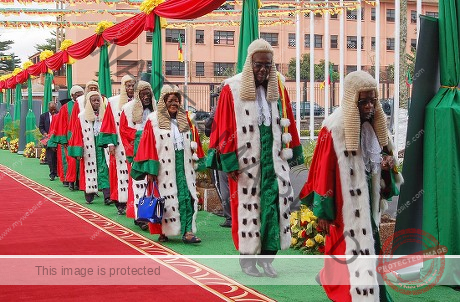By Jennifer McChriston | Senior Correspondent
June 2025 – Global Desk
In recent decades, a series of high-profile crises across Iraq, Syria, Lebanon, Libya, Somalia, and Sudan have transformed these once-stable nations into fragile or contested states. From external military interventions to economic shocks and internal upheavals, these developments raise complex questions about international law, post-colonial sovereignty, and the long-term effects of foreign engagement in the Global South.
This analysis revisits these six nations to identify recurring patterns in their contemporary challenges, the roles played by international actors, and the implications for Africa and the broader non-aligned world.
Case Studies in Strategic Disruption
*Iraq: Long-Term Effects of Post-Invasion Governance.*
Since the 2003 U.S.-led coalition intervention, Iraq has struggled to rebuild its institutions. While initial aims included disarmament and democratic reform, unintended consequences have included:
Fragmented governance systems
Long-standing security vacuums
Limited local control over oil resources
Ongoing debates about foreign troop presence
Despite local elections and constitutional reforms, Iraq remains emblematic of how post-intervention states can suffer prolonged political and economic instability.
*Syria: Civil War and Prolonged External Involvement.*
Syria’s conflict began amid the 2011 Arab uprisings but soon escalated into a complex proxy war. Multiple international and regional powers have backed various factions. Key ongoing challenges include:
Disputed territorial control in the northeast
Sanctions affecting reconstruction efforts
Intermittent cross-border military actions
Humanitarian consequences remain severe, and international diplomatic efforts face persistent deadlock.
*Lebanon: Financial Crisis and Political Deadlock.*
Lebanon’s current crisis stems from a confluence of domestic and external factors:
A heavily dollarised, debt-ridden economy
Pressure from regional rivalries and global sanctions
A fragile sectarian-based political system under strain
International assistance has been conditioned on political reforms, placing Lebanon at the center of debates about state sovereignty and international leverage.
*Libya: State Collapse After Military Intervention.*
The 2011 NATO intervention in Libya aimed to prevent civilian harm during the uprising. However, the removal of Gaddafi’s government left a power vacuum:
Competing governments and armed groups emerged
Oil production became a point of contention
International actors support rival factions
Libya’s case highlights the risks of intervention without a robust post-conflict reconstruction plan.
*Somalia: Counterterrorism and Maritime Security Focus.*
Somalia’s security landscape is shaped by long-term counterterrorism operations and maritime protection missions. While some regional cooperation has succeeded, challenges persist:
Continued activity by non-state armed groups
Limited national control outside urban centers
Emerging interest in offshore energy resources
Balancing security and development remains a central concern for both Somalia and its international partners.
Sudan: Transition Interrupted
Sudan’s post-2019 revolution raised hopes for democratic transition. However, external pressure and internal divisions have stalled progress:
Attempts at economic reform faced social resistance
Competing factions have received varied external support
*Recent escalations threaten regional stability*
Sudan’s experience underscores how fragile transitions can become arenas for international competition.
Emerging Themes in Sovereignty and Development
Across these case studies, common elements emerge:
1. Resource-Driven Engagement. Natural resources—particularly oil, gas, and gold—are central to each state’s strategic importance. Control over these resources has played a role in shaping external engagement.
2. Economic Conditionality and Sanctions. While intended to encourage reform, international economic measures such as sanctions and loan conditions can weaken state capacity or exacerbate humanitarian concerns.
3. Security Partnerships and Military Presence. The long-term presence of foreign militaries and security contractors has generated debate about host-state sovereignty, especially where mandates are unclear or contested.
4. Proxy Dynamics. Support for local factions or competing governments can complicate peace efforts and deepen internal divisions.
Legal Considerations
Under international law, notably the UN Charter and Geneva Conventions, the sovereignty and territorial integrity of states are fundamental principles. While humanitarian protection and peace enforcement are recognized under certain doctrines (e.g., Responsibility to Protect), the application of these frameworks remains controversial.
Article 2(4) of the UN Charter prohibits force against sovereign states except in self-defense or with Security Council authorization.
The African Union’s Constitutive Act opposes unconstitutional changes of government, yet enforcement remains uneven.
Calls for accountability and clearer international standards are increasingly voiced by leaders and scholars from the Global South.
*Policy Recommendations: Charting a Sovereign Future*
As the global order evolves, Africa and other non-aligned states may consider the following:
1. Institutional Strengthening. Invest in governance, judiciary, and security reform at the national level to reduce external dependency.
2. Collective Diplomacy. Use regional blocs (e.g., African Union, BRICS+, ECOWAS) to negotiate on energy, trade, and security collectively.
3. Balanced Partnerships. Engage globally, but with a focus on mutual benefit, transparency, and long-term development—avoiding asymmetric dependencies.
4. International Legal Advocacy. Promote a rules-based global order by supporting institutions that defend sovereignty, equity, and international justice.
*Conclusion: Toward a Sovereignty-Centered Global Policy*
The situations in Iraq, Syria, Lebanon, Libya, Somalia, and Sudan demonstrate the need for a more inclusive, balanced international system—one that prioritizes the agency of sovereign nations and the dignity of their people.
Global interventions—whether military, economic, or diplomatic—must be scrutinized not only for intent but for outcomes. A future defined by peace and justice will depend on shared accountability, deeper cooperation, and respect for the principles of self-determination.
Jennifer McChriston is a Senior Correspondent at The Independentist, specializing in post-conflict statecraft, international law, and energy diplomacy across the Global South.





















Leave feedback about this